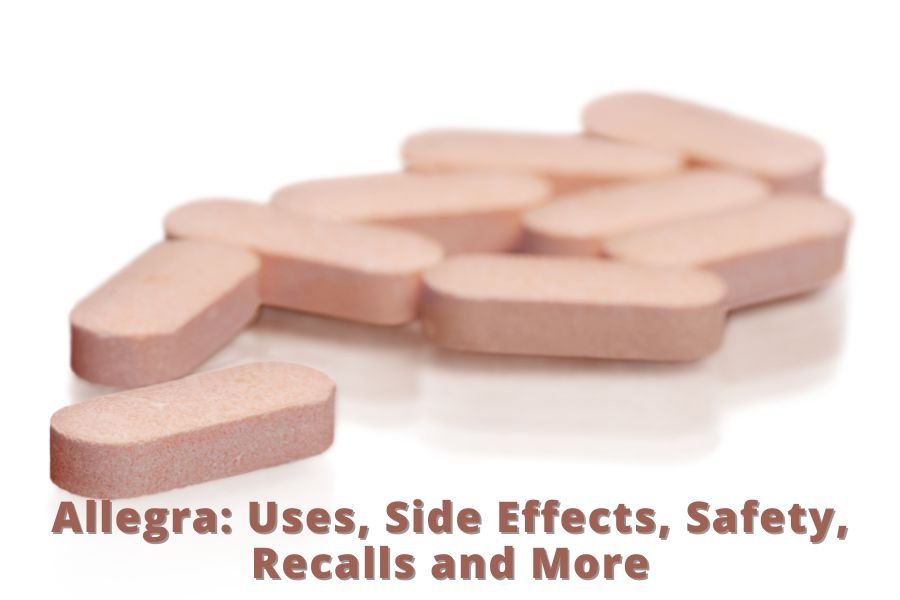
Allegra is a brand name for the medication fexofenadine, which is an antihistamine used to relieve symptoms of allergic rhinitis (hay fever) and chronic idiopathic urticaria (hives) in adults and children. It works by blocking the action of histamine, a substance in the body that causes allergy symptoms such as sneezing, itching, runny nose, and watery eyes.
Allegra is primarily used to treat seasonal allergies, also known as hay fever, and year-round allergies caused by substances such as pollen, dust mites, pet dander, and mold. It can also be prescribed to relieve symptoms of hives (urticaria).
It is important to consult with a healthcare professional before taking Allegra if you are pregnant or breastfeeding. While studies have not shown any significant risks, it is always best to err on the side of caution. Allegra is generally considered safe for children above the age of 2, but the dosage should be adjusted according to their weight.
As of the time of writing, there have been no recalls of Allegra reported. However, it is always important to stay informed about any updates or recalls issued by the manufacturer or the Food and Drug Administration (FDA).
Allegra received FDA approval in 1996 for the treatment of seasonal allergies. It has since been widely prescribed by healthcare professionals and has proven to be effective in relieving allergy symptoms.
Allegra is prescribed to alleviate the symptoms of allergies, including sneezing, itching, runny nose, and watery eyes. It provides relief by blocking the effects of histamine, a chemical released by the body during an allergic reaction.
Allegra is typically taken orally, with or without food. The recommended dosage for adults and children over the age of 12 is 60 mg twice daily or 180 mg once daily. For children between the ages of 6 and 11, the recommended dosage is 30 mg twice daily. It is important to follow the instructions provided by your healthcare professional.
While Allegra is primarily used to treat allergies, it may also be prescribed for other conditions as determined by your healthcare professional. Always consult with your doctor regarding the appropriate use of Allegra.
- Inform your healthcare professional if you have any known allergies or medical conditions before taking Allegra.
- Avoid consuming grapefruit juice while taking Allegra, as it may increase the levels of the drug in your body.
- Allegra may cause drowsiness or dizziness. Avoid driving or operating heavy machinery until you know how the medication affects you.
Store Allegra at room temperature, away from moisture and heat. Keep it out of reach of children and pets. Do not flush medications down the toilet or pour them into a drain unless instructed to do so. Properly discard any unused medication or expired tablets.
If you suspect an overdose or experience severe symptoms such as trouble breathing or loss of consciousness, seek immediate medical attention or contact a poison control center. It is important to have the packaging or label of the medication available for healthcare professionals to identify the specific product.
Allegra is a widely used and trusted antihistamine that provides relief from allergy symptoms. It is important to take Allegra as directed by your healthcare professional and to follow any additional instructions provided. If you have any concerns or questions about Allegra, consult with your doctor or pharmacist for more information.
When used as directed and under the supervision of a healthcare professional, Allegra is generally considered safe. However, like any medication, it may cause side effects or interact with other drugs. It is important to consult with your doctor before starting any new medication to ensure it is safe and appropriate for you.